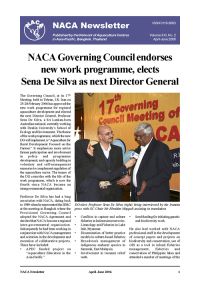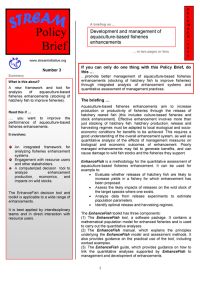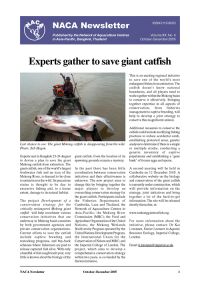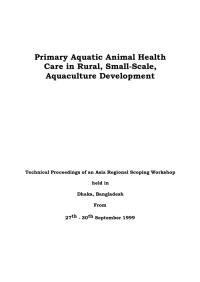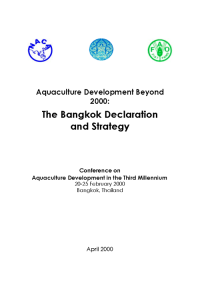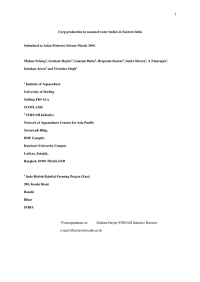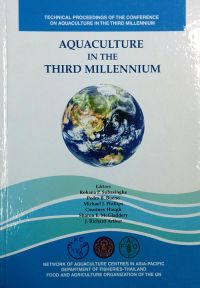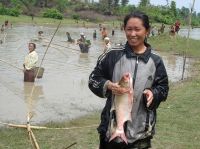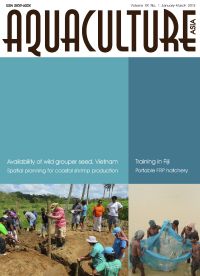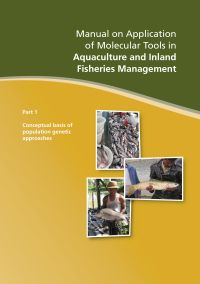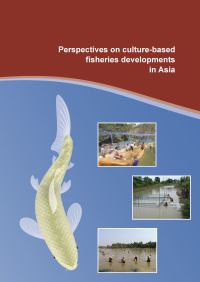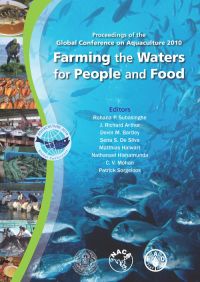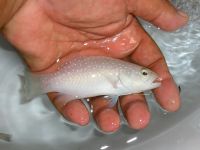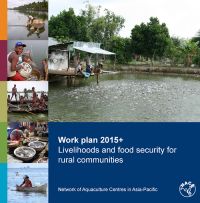Culture-based fisheries (CBF) are stock enhancement practices to improve the productivity of water bodies that do not have enough natural recruitment to support a capture fishery. The stocked seed usually rely on the natural productivity of the water body as food supply.
CBF is usually conducted in small water bodies, which are often communally managed by local communities, and the where the seed is owned either individually or collectively. CBF practices are therefore a form of aquaculture.
Creative Commons Attribution.
